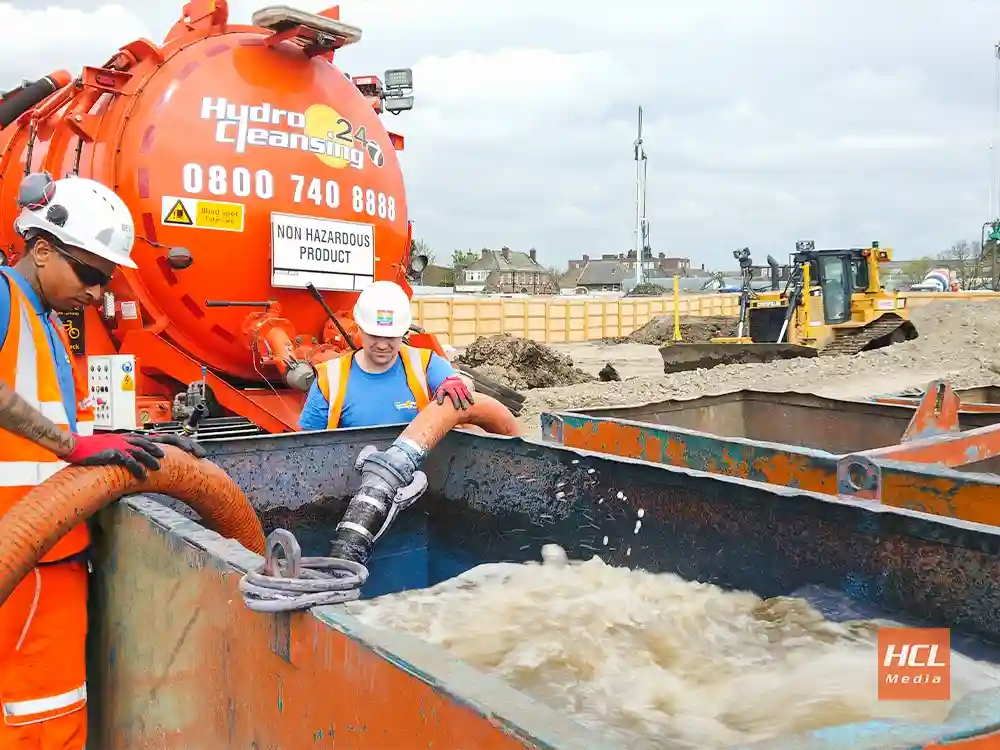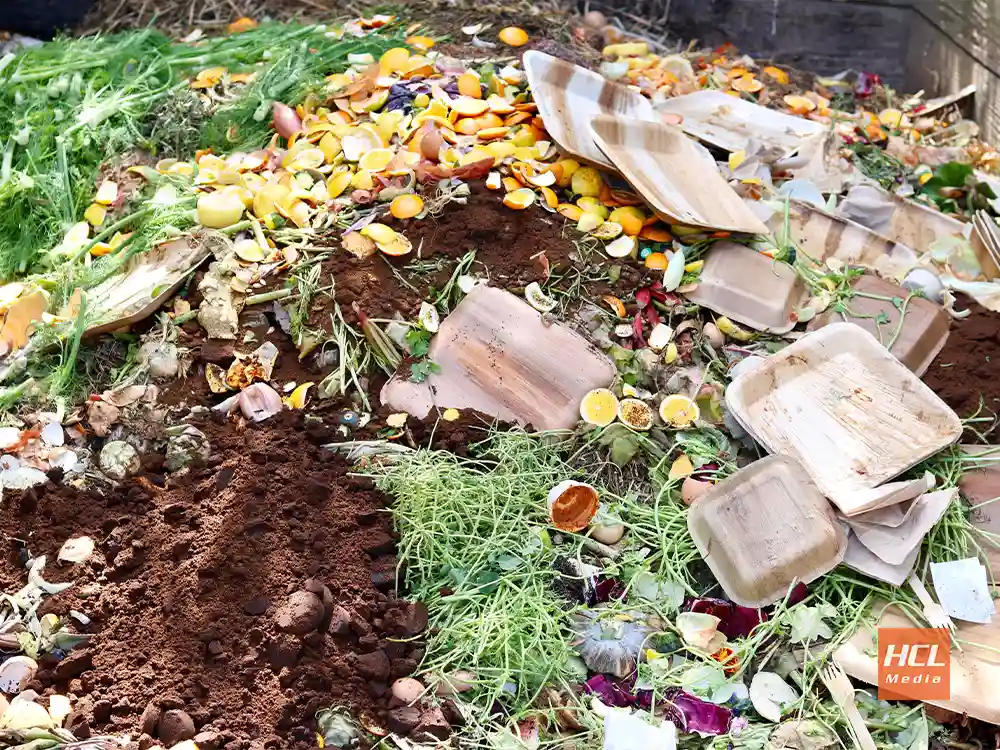
We hear and see the words like waste management and recycle, reuse. Before we know about this we must know about the types of waste. There are different types of waste, and each one requires a different method of disposal.
Liquid Waste includes sewage, industrial effluent, and domestic wastewater. This type of waste can be hazardous and requires special treatment before it can be discharged into the environment. You should also know that liquid waste can be classified into point and non-point source waste. All manufactured liquid waste is classified as point-source waste. On the other hand, natural liquid waste is classified as non-point source waste. Both can be disposed of and recycled by getting in contact with companies that have expertise in liquid waste management and drainage interceptor cleaning. Find out More: https://hydro-cleansing.com/wet-waste-recycling-facility

Organic Waste includes food waste, paper waste, and garden waste. This type of waste can be recycled and used as compost. Composting is the traditional way of waste disposal where the waste is reused as fertilizers and pesticides in agriculture. This is accessible and can be attempted and practised by an individual household.

Dry Waste includes plastic, glass, metal, and electronic waste. This type of waste can be recycled and used to create new products. Dry waste also known as solid waste is collected from commercial businesses and households, these wastes are usually managed by the brough or the council under recyclables, un recyclables and food waste and disposed of accordingly.
Find more about it at https://www.gov.uk/how-to-classify-different-types-of-waste/packaging-waste-and-recyclables

Hazardous Waste includes medical waste, chemical waste, and radioactive waste. This type of waste must be disposed of in a safe and secure manner.
Businesses that generate hazardous waste must determine how to store, transport and dispose of it safely and in compliance with the law. You can learn more about hazardous waste for producers and holders on the Gov.uk site.











